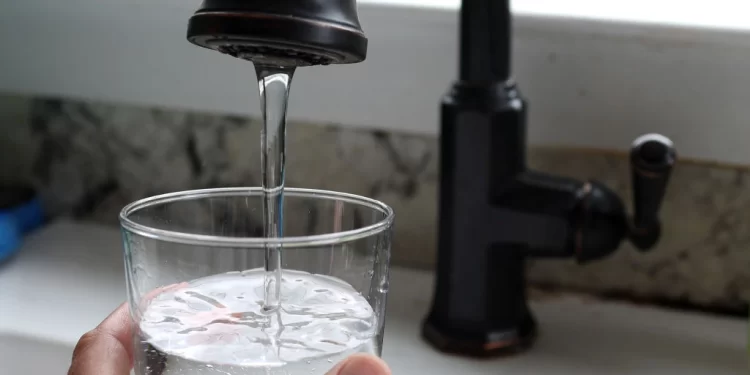“With potential changes to EPA regulations, such as potential adjustments to fluoride levels or the possible introduction of warning labels, the City is pausing fluoridation to ensure compliance with any new health and safety guidelines that may emerge,” the release said. “This temporary suspension is being implemented out of an abundance of caution to safeguard public health.”
Abilene Mayor Weldon Hurt and City Manager Robert Hanna both agreed that a “temporary suspension” of adding fluoride would “do no harm” in the short term, according to the release.
“In light of this federal ruling and the long-standing concerns expressed by many Yorktown residents, I have decided to suspend water fluoridation as a precautionary measure,” said Yorktown Supervisor Ed Lachterman in the Sept. 26 statement. “Our priority is the safety and well-being of our community, and we believe it is prudent to pause fluoridation to further assess its potential impacts.”
In his opinion, Chen sided with multiple advocacy groups and directed the EPA to address the risks of adding fluoridation to drinking water. The agency is required to ensure that there is a margin between the hazard level and the exposure level, he said.
“If there is an insufficient margin, then the chemical poses a risk,” the judge said. “Simply put, the risk to health at exposure levels in United States drinking water is sufficiently high to trigger regulatory response by the EPA [under federal law].”
His order also made note of recent “scientific literature in the record“ that ”provides a high level of certainty that a hazard is present,“ which could demonstrate “fluoride is associated with reduced IQ” in children.
However, Chen stressed that the ruling doesn’t say that fluoridated water can—with certainty—cause a lower IQ in children.
An EPA spokesman, Jeffrey Landis, told The Epoch Times earlier this week that the agency is reviewing the judge’s decision and had no further comment.
“Water fluoridation is a public health policy based on a solid foundation of evidence. When new research is published, health experts scrutinize it to make sure it meets high standards for public safety,” Charlotte W. Lewis, a member of the American Academy of Pediatricians, said in a statement on Sept. 26.
Since 2015, federal health officials have recommended a fluoridation level of 0.7 milligrams per liter of water. The World Health Organization has set a safe upper limit for fluoride in drinking water of 1.5 milligrams.




